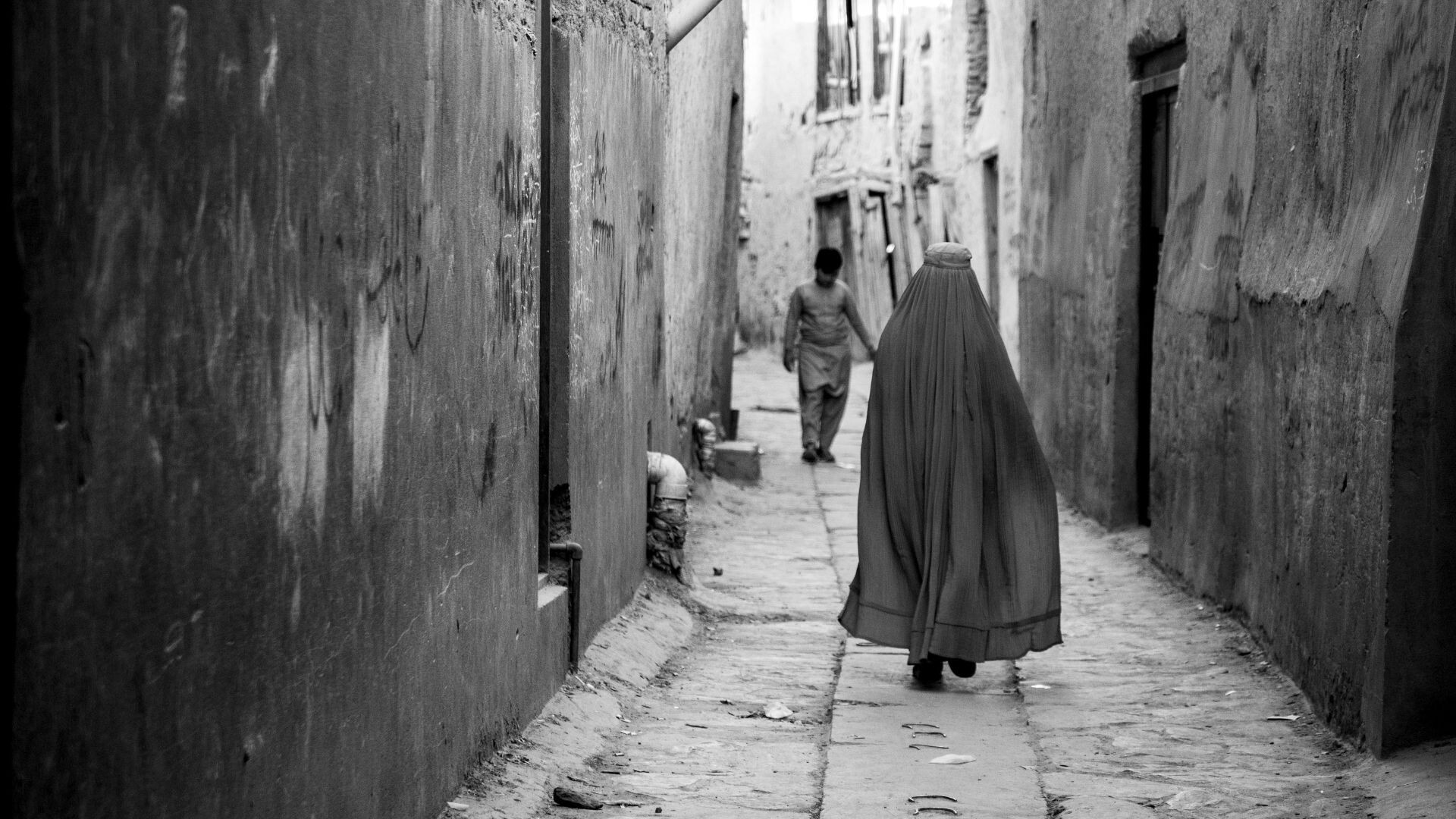The Taliban’s discriminatory policies towards women, and their strict implementation, amounts to a deliberate attempt to erase women from public life, the NGO Afghan Witness (AW) finds in a report.
“These policies have resulted in the systematic exclusion of women from many public spaces in Afghanistan, including education, the work force, and even online. Most significantly, these policies have resulted in gender–based violence and femicide, an absolute erasure from female participation in Afghan life.”
-
Taliban policies have resulted in a reported 25% increase in the rate of child marriage, and a 45% increase in the rate of early childbearing, alongside associated negative inter-generational social and economic consequences.
-
Reports monitored by AW between January 2022 and June 2024 found that at least 840 women and girls were the victims of gender-based violence, many at the hands of the Taliban. Of these women and girls, at least 332 were killed. These figures likely significantly understate the scale of gender-based violence in Afghanistan, as these issues often go unreported, further underscoring the erasure of women and girls from Afghan society.
-
Since girls are banned from attending school beyond the sixth grade (ages 11-12), and women from pursuing higher education in, a reported 80% of school-aged girls and young women in Afghanistan do not have access to education. Afghanistan is the only country in the world to have banned girls’ education.
-
Between 2020 and 2023, according to the World Bank, women’s labour force participation rate fell from 16% to 5%. Afghan women have been restricted in the types of government positions they are allowed to hold, being banned from working in the civil service, and have been prohibited from working for NGOs.
-
In January 2024, the Taliban initiated a campaign to arrest women and girls for non-compliance with mandatory hijab rules. Dozens of women and girls were taken into Taliban custody, with many reporting degrading treatment, torture, and even rape. The arrests led to widespread fear among Afghan women and girls, and reports of families preventing women and girls from leaving their houses due to safety concerns, as well as social stigma surrounding women held in Taliban custody.
Despite increased restrictions on women’s rights, women’s protests remain active in Afghanistan. However, over the past three years, the number of outdoor protests sharply decreased, while ‘indoor protests’ in private spaces has risen, indicating that women are prioritising their safety amidst a wave of Taliban suppression and intimidation of protesters,
Afghan women have also established libraries, secret schools, and underground beauty salons. Moreover, those in exile have launched campaigns, protests, and newsrooms, giving a voice to those severely suppressed inside the country.



Can anyone explain why? Is there some religious scripture they base this bull on or are they. Just mad at women for some reason?